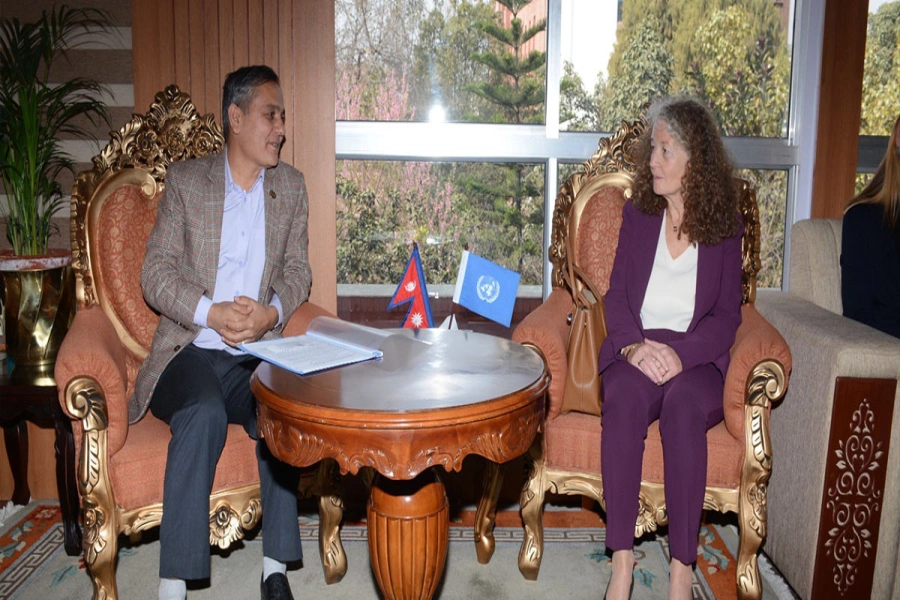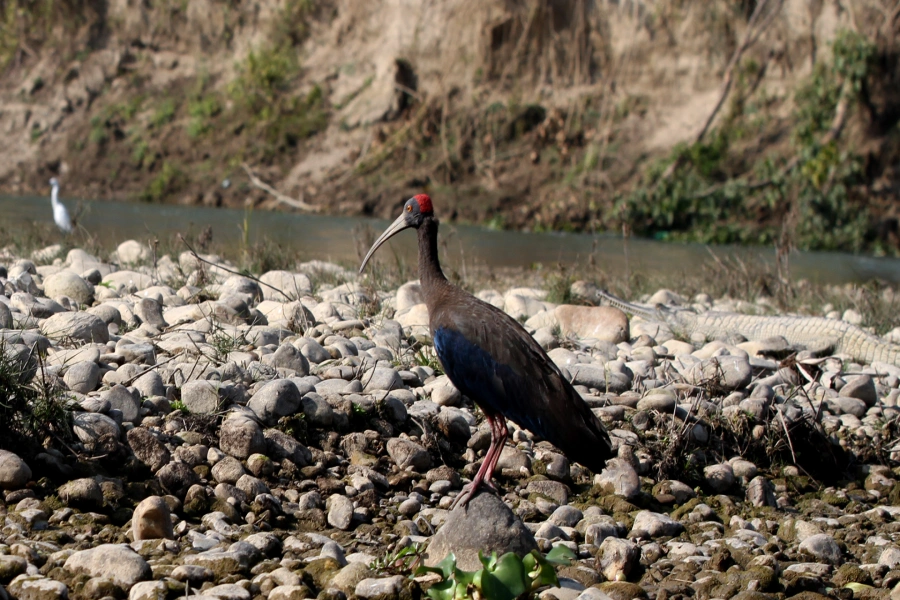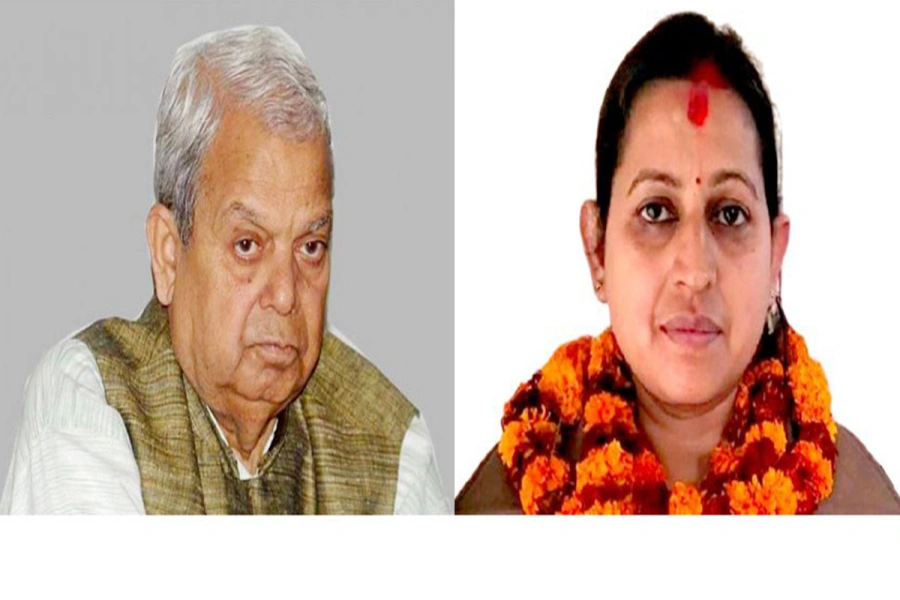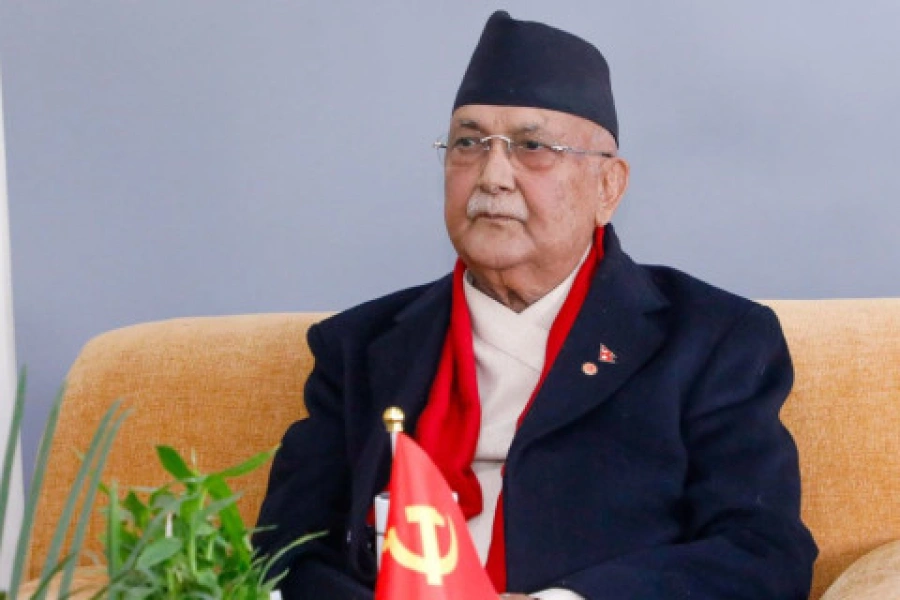In many cultures around the world women are bounded by debilitating norms, values and beliefs of the society. The values are such that they tend to throw women from one patronage to another without ever liberating them. And it has long been the prime responsibility of the society to ensure that women remain under somebody’s protection, either be it parental or conjugal.
When are we going to alter this?
The present reality, accept it or not, is that until and unless we are married we are fully [or some can be partially] dependent on our parents. And after marriage, all the responsibility of their spouse will come on woman’s shoulder. Is this life of a woman? Where is her freedom? Where are her rights to fly like a free bird?
I, as an educated young Nepali woman, represent the situation of a majority of the female population in the eastern society but it is not necessary for every girl to have the same thought process. If nature believes in equality than why is it necessary to be bounded by rituals and customs just to live life as a woman.
Let’s face it. All of young and unmarried Nepali women will have to follow the age-old tradition and one fine day they will be married off to somebody. Can Nepali women imagine a peaceful family by bringing their husbands to their own homes, rather than going to their husbands’ homes?
I believe that though Nepali women have inner voice which tells us to be independent and follow our dreams ,our culture, our upbringing, our society creates strong wall which restricts our voice. So the main problem is within ourselves, we Nepali women, tend to think of culture ,values ,norms and society first instead of our own emotions and feelings.
Our feelings, choices and emotions are secondary to social values. We lack the guts to be extraordinary and put our point of thinking.
The second barrier is our society which never gives women a chance to pursue their life being single without any help from third party. Every one living in this society is equal in eyes of the mother nature but our traditional society creates differences between girl and boy.
Our society doesn’t question a woman who is a 30-year-old but unemployed but questions a woman if she is above the age of 25 and unmarried. There are very few who would dare challenge these customary traditions and show the society a new way of life. And the movement to break out against these clutches would be similar to raising the voice against the Rana oligarch nearly 70 years ago. The truth is unless we give birth to some really brave men and women, who could sacrifice their life for the change, we cannot expect anything other than continuity of the old traditional ways which will always bind women to the restrictions created by the society.
Neharika is MBA student at Tribhuvan University
Pokhara prepares for Birds Festival













_20211018145021.JPG)


























